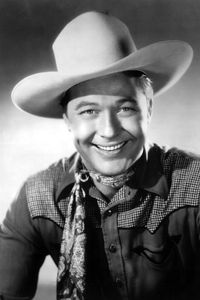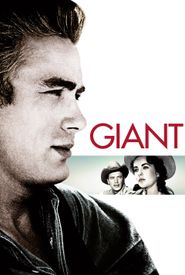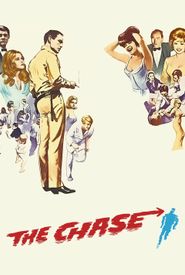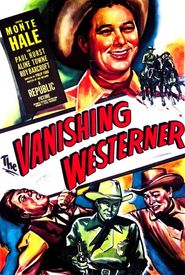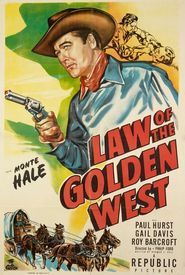Samuel Buren Ely, later known as Monte Hale, was born in 1919 in Ada, Oklahoma, to Herod and Helen Ely. From an early age, he learned to sing and play the guitar, skills that would serve him well in his future endeavors.
As a young man, Hale began performing in vaudeville shows and local rodeos in Houston and Galveston, Texas. During World War II, he was recruited by the Stars Over Texas War Bond Drive as a replacement guitar player, which led to a friendship with several Republic Pictures stars and staff.
After the war, Hale's connections at Republic Pictures led him to meet studio president Herbert J. Yates, who was impressed by Hale's good looks and musical talent, and signed him to a seven-year contract. Yates promptly changed Hale's birth name to the more appealing Monte Hale.
Hale's early career at Republic Pictures began with bit parts, but he quickly graduated to leading roles, including the title character in the 1946 film Home on the Range. This marked the beginning of a five-year run as one of Republic's most popular singing-cowboy stars.
However, by the early 1950s, the "B" western genre had begun to decline, and Hale's film career came to an end. He responded by touring the country as part of a musical cowboy act in rodeos and circuses, and made a few television guest appearances.
In the late 1950s, Hale worked alongside James Dean on the film Giant, teaching Dean his rope tricks during their time on set. After this, Hale retired from the film industry and devoted himself to writing songs and making appearances at Western film fan conventions.
Throughout his life, Monte Hale remained a beloved figure in the world of Western films, and his legacy continues to be celebrated by fans of the genre.
